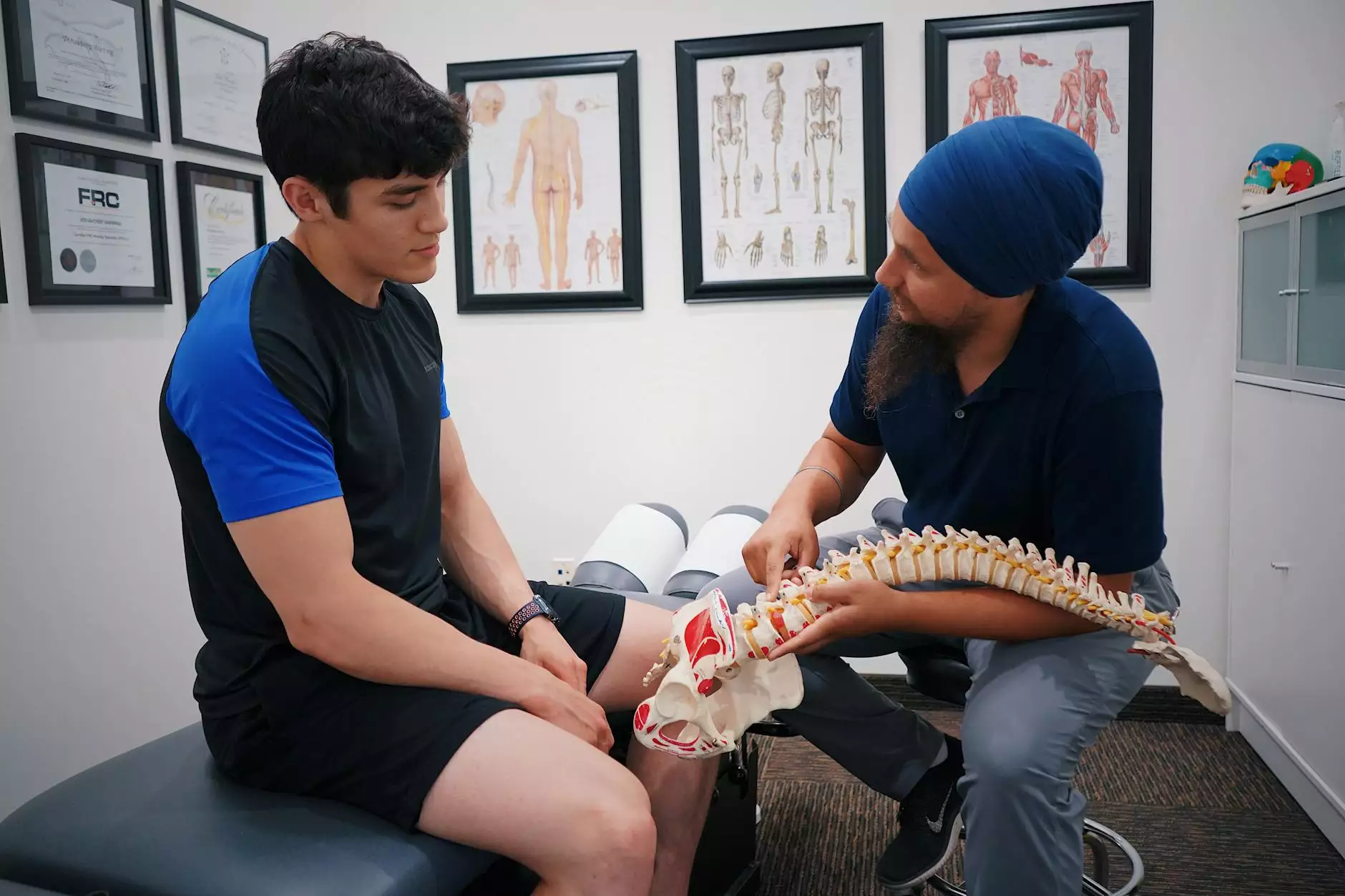Fractured Spinal Vertebrae
Blog
Welcome to Regency Square Care Center, your trusted source for information on fractured spinal vertebrae. In this comprehensive guide, we will provide you with detailed insights into this condition, including its symptoms, causes, treatment options, and recovery process.
Understanding Fractured Spinal Vertebrae
A fractured spinal vertebra, also known as a vertebral fracture, occurs when one or more of the bones in your spine break or collapse. It is a common injury, especially among older adults, and can have a significant impact on your overall health and well-being.
Symptoms of Fractured Spinal Vertebrae
Fractured spinal vertebrae can manifest in various ways, and the symptoms may vary depending on the severity and location of the fracture. Some common signs and symptoms include:
- Severe back pain
- Loss of height
- Changes in spinal curvature
- Difficulty standing or walking
- Numbness or tingling in the limbs
- Impaired bowel or bladder control
Causes of Fractured Spinal Vertebrae
Fractured spinal vertebrae can be caused by several factors, including:
- Accidental falls
- Motor vehicle accidents
- Sports injuries
- Osteoporosis (weakening of the bones)
- Metastatic cancer (cancer that spreads to the spine)
- Physical trauma
Diagnosis and Treatment
If you suspect a fractured spinal vertebra, it is crucial to seek immediate medical attention. A healthcare professional will perform a thorough physical examination and may request further diagnostic tests, such as:
- X-rays
- Magnetic Resonance Imaging (MRI)
- Computed Tomography (CT) scan
The treatment approach for fractured spinal vertebrae depends on the severity and location of the fracture. Some common treatment options include:
- Rest and pain management
- External bracing or immobilization
- Physical therapy
- Minimally invasive procedures
- Surgical intervention
Recovery and Rehabilitation
The recovery process for fractured spinal vertebrae can be lengthy and requires patience and careful rehabilitation. It is crucial to follow the guidance of your healthcare provider during this time. Rehabilitation may include:
- Physical therapy exercises
- Pain management techniques
- Assistive devices for mobility
- Dietary and lifestyle adjustments
Prevention and Long-Term Care
While it may not always be possible to completely prevent fractured spinal vertebrae, there are steps you can take to minimize your risk, such as:
- Maintaining a healthy diet rich in calcium and vitamin D
- Engaging in regular weight-bearing exercise
- Using proper safety equipment during physical activities
- Practicing good posture and body mechanics
- Undergoing regular check-ups and bone density tests
Get Professional Care at Regency Square Care Center
At Regency Square Care Center, we understand the challenges and complexities of fractured spinal vertebrae. Our team of dedicated healthcare professionals is committed to providing exceptional care and support throughout your recovery journey. Contact us today to learn more about our comprehensive geriatric and aging care services.









